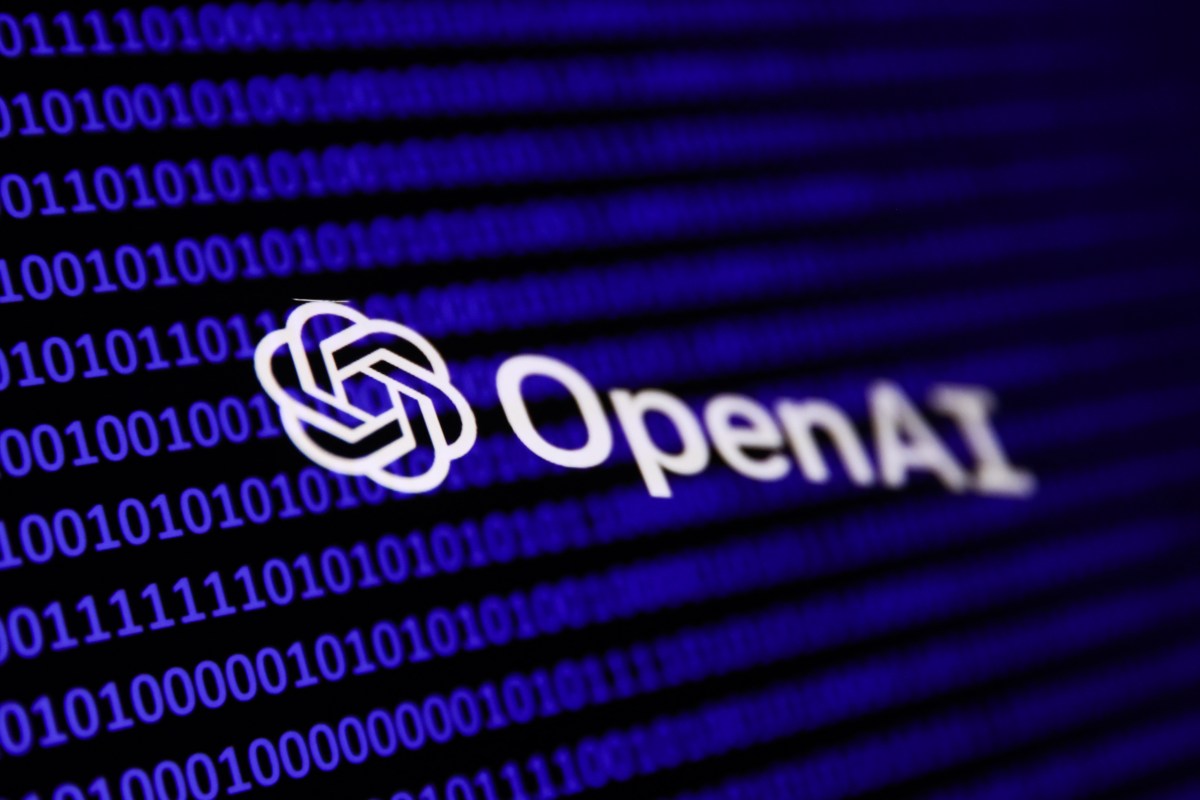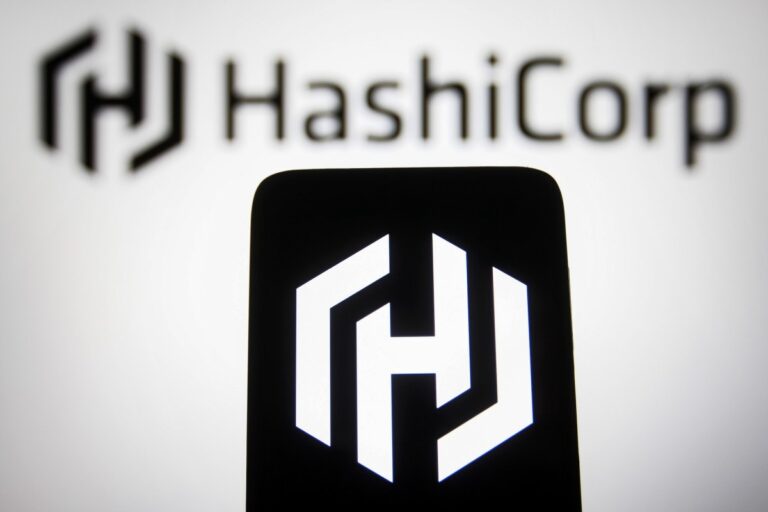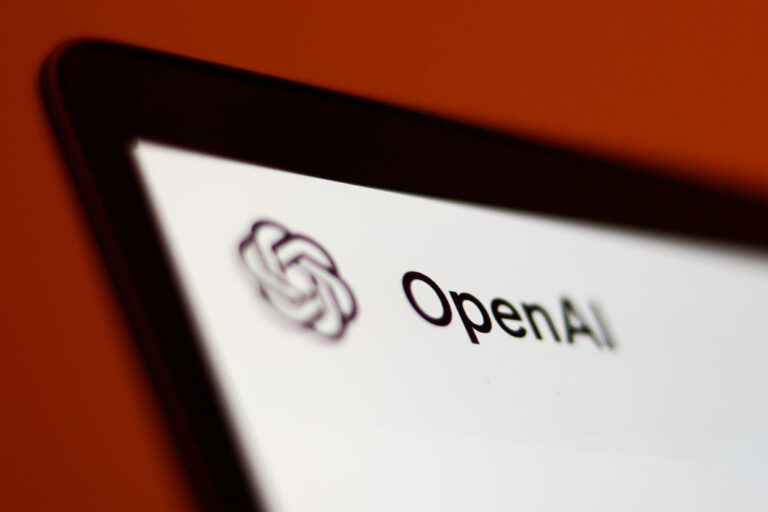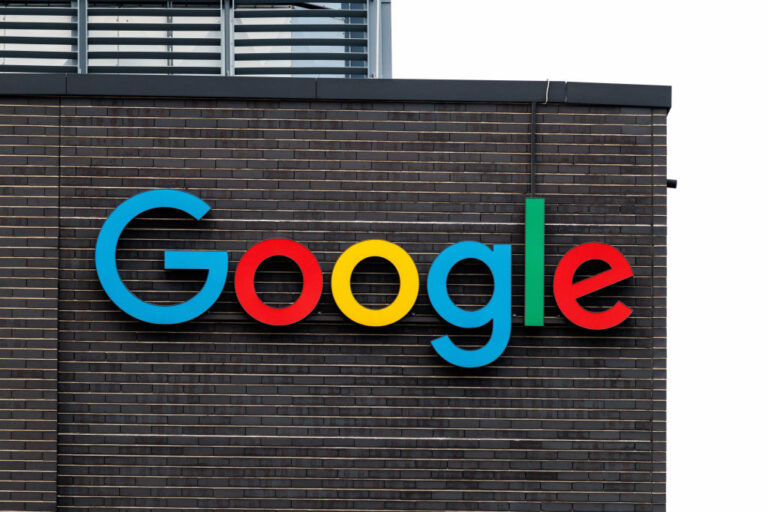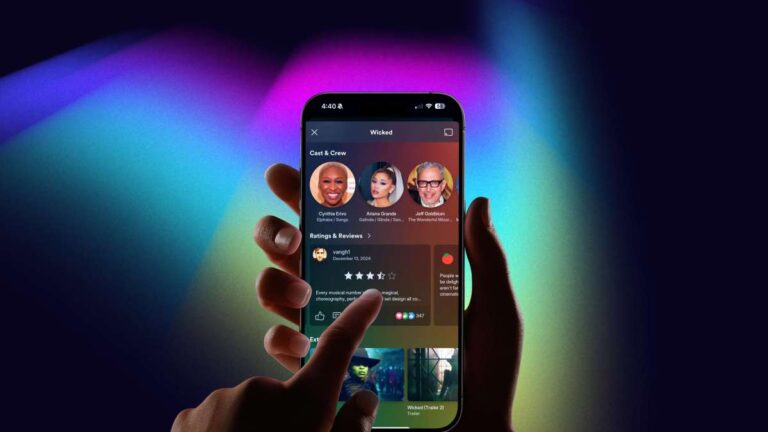Unlocking Creativity: OpenAI Reveals New Image Creation Features in ChatGPT
This week, OpenAI unveiled an exciting new image generator feature in ChatGPT that has quickly gained popularity for its ability to produce stunning images in the beloved Studio Ghibli style. This new addition, known as GPT-4o, significantly enhances the capabilities of ChatGPT, improving aspects such as image editing, text rendering, and spatial representation.
Changes to Content Moderation Policies
One of the most significant updates from OpenAI this week involves a shift in its content moderation policies. Now, ChatGPT can generate images featuring public figures, hateful symbols, and racial characteristics upon user request. Previously, these types of prompts were rejected due to their controversial nature.
OpenAI’s Evolving Approach
According to a recent blog post by Joanne Jang, OpenAI’s model behavior lead, the company is adopting a more nuanced approach to content moderation. Jang stated, “We’re shifting from blanket refusals in sensitive areas to a more precise approach focused on preventing real-world harm.” The aim is to foster humility and adaptability in response to ongoing learning.
Uncensoring ChatGPT
This adjustment appears to be part of a broader strategy to “uncensor” ChatGPT. Earlier this year, OpenAI announced plans to modify its training methods with the goal of allowing ChatGPT to handle a wider array of requests, provide varied perspectives, and reduce the number of topics it previously avoided.
Public Figures and Hateful Symbols
With the updated policy, ChatGPT can now create and modify images of prominent figures like Donald Trump and Elon Musk, which were previously off-limits. Jang emphasized that OpenAI does not wish to dictate who can or cannot be represented and is providing users an opt-out option if they prefer not to be depicted.
Additionally, OpenAI has indicated that users can now generate images containing hateful symbols, such as swastikas, but only within educational or neutral contexts, provided these symbols do not endorse extremist views.
Redefining Offensive Content
OpenAI is also revising its definition of what constitutes offensive content. For example, ChatGPT is now able to fulfill requests regarding physical characteristics, such as altering a person’s appearance in specific ways. Testing by TechCrunch has confirmed this new capability.
Creative Studio Styles
Moreover, ChatGPT can now replicate styles from renowned creative studios like Pixar and Studio Ghibli, while still refraining from imitating the unique styles of individual living artists. This has sparked discussions about the implications of copyright issues in AI training datasets.
Safeguards Remain in Place
Despite these relaxed restrictions, OpenAI is not completely disregarding user safety. The native image generator still imposes stringent safeguards, particularly concerning sensitive queries, especially those involving children, surpassing the protections of its predecessor, DALL-E 3.
AI Content Moderation and Political Implications
OpenAI’s adjustments may also be a response to ongoing debates surrounding AI content moderation. In light of recent scrutiny from political figures, including questions posed by Republican Congressman Jim Jordan regarding potential collusion over AI-generated content, the company has clarified that its moderation changes are not politically motivated.
Instead, OpenAI emphasizes a commitment to giving users greater control over their interactions with AI technology, which is now advanced enough to navigate sensitive topics effectively.
Conclusion: The Future of OpenAI’s Image Generator
As OpenAI rolls out its new image generation feature, the implications of these changes are yet to be fully realized. While the viral Studio Ghibli memes created by the new generator have captured attention, the broader impact of these updated content moderation policies remains to be seen. OpenAI’s approach may resonate positively with various stakeholders, yet it also invites the potential for regulatory scrutiny as AI technology continues to evolve.
For more insights into AI and its evolving landscape, visit OpenAI’s research page.

